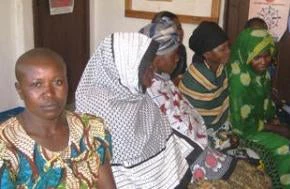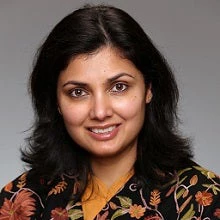
Take the case of community radio, a classic tool for information sharing for accountability in Africa. It is supposed to organize communities and (literally) give voice to the opinions and needs of the marginalized. It also carries public interest messages, communicating the importance of health, education, and democratic values. New data from Benin, a country with a vibrant community radio network, show that people in poorer and far-flung regions are able to access news and information, and share views, because of this medium.
But these data yield some surprising results.
In villages with greater access to community radio, where people are more informed about the value of services, they are more likely to invest their own, private resources in health and education. More informed households are more likely to purchase bed nets from government officials, paying for this public health good to combat malaria, even though nets are supposed to be distributed free. More informed parents contribute tuition for their children’s education and buy textbooks, even though policy changes have formally eliminated tuition payments in primary schools.
That is, community radio has an important impact—it informs citizens about the value of health and education, and effects beneficial changes in their behavior, making them more accountable to themselves for taking appropriate actions towards development. Because of this, a final development outcome—child literacy rates—is higher in villages with greater access to community radio.
However, community radio does not enable citizens to receive greater benefits from public spending—more informed citizens do not receive more inputs for the village public school, nor do they receive more bed nets from the country’s malaria eradication program. In the case of household payments for bed nets, the data are not sufficient to examine whether local officials retain the payments as rents, or finance other improvements in local health services. Other research has interpreted the evidence that local officials do not follow centrally-set rules as a sign of “local capture”. Such an interpretation is possible here, as well, since international donors, who are significant sources of bed nets provided by African governments, prefer free distribution to the poor. These results are surprising, however, since they point to greater divergence from centrally-set rules precisely in locales where citizens are better informed.
An earlier example of citizens fending for themselves in procuring health and education, and letting governments off the hook, seems topical now. In Nigeria, when the local government failed to pay the salaries of community-based health workers, health service provision did not decline. Instead, through the private effort of health workers and with the support of the community, health services were provided outside of the public health facility.
How can information initiatives be tailored to improve government accountability? Even rigorous impact evaluations don’t provide sufficient answers to this question, because they neither focus on the “mechanisms” of impact (“why did the outcome happen?”), nor on the design of the intervention. In addition to impact evaluations, we need more basic research underpinning the design of interventions—what accountability problem is being addressed, and how will it be overcome?
Without this, we won’t have evidence-based tools to improve government accountability and address citizen disaffection. And we won't know how to manage policy reforms in a climate of popular protests.



Join the Conversation